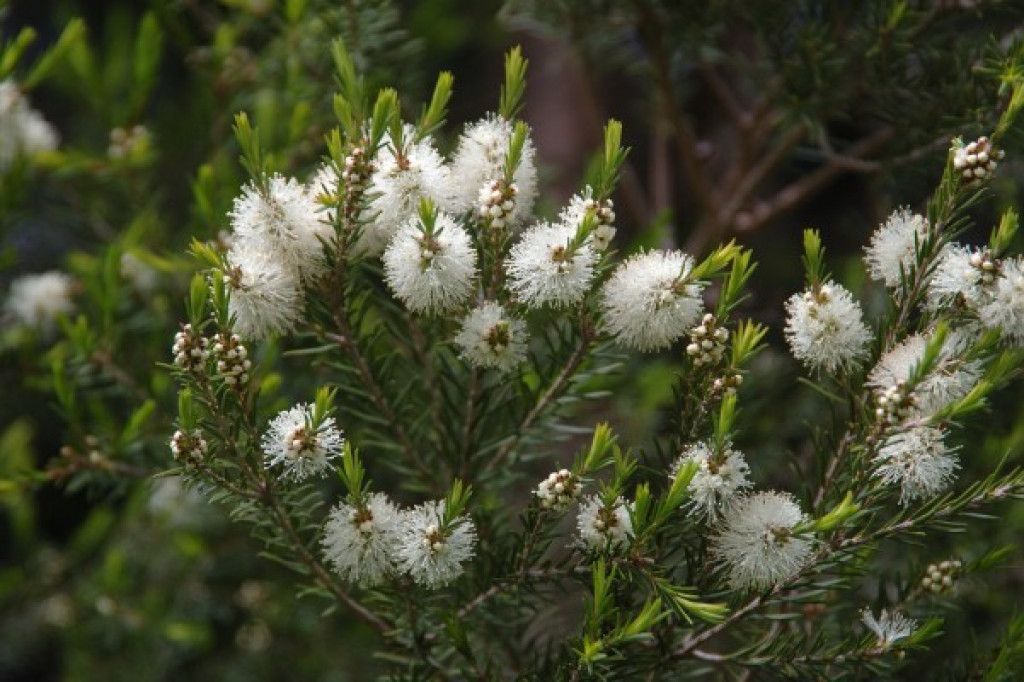Biocontrol products are agents and products that use natural mechanisms to control crop pests. They include macro-organisms and plant protection products composed of micro-organisms, chemical mediators such as pheromones and kairomones, or natural substances of plant, animal or mineral origin.
These natural products, an alternative to synthetic pesticides, are considered to be less toxic and less harmful to the environment. They can, however, present risks to health, the environment and biodiversity, so it's important they are characterised properly.
Like synthetic pesticides, biocontrol products must be authorised by the competent authorities before they can be used in agriculture or public health. The chemical, biological and/or physical characterisation of these products is generally much more complex than for synthetic pesticides. Products based on plant extracts, for example, are made up of mixtures of several molecules constituting the active substance and others that may be relevant impurities, requiring chromatographic methods alongside conventional detectors or mass spectrometry. Similarly, products based on microorganisms (bacteria, viruses, fungi) require the development of microbiological or molecular biology methods to accurately identify and quantify the microbial strain and microbial contaminants.
The CRA-W is increasingly developing its skills to characterise these biocontrol products, whether through research activities or contractual studies under Good Laboratory Practice, with a view to providing the data required for them to be authorised. The CRA-W also has extensive expertise in the characterisation of formulated products and any residues and metabolites in foodstuffs and the environment.


